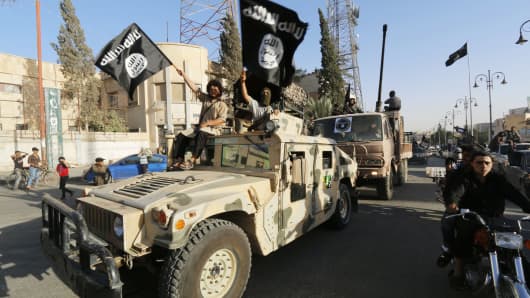The fight against corruption must become central to our broader strategy against terrorism. From Afghanistan to Kenya, graft fuels terrorist groups like the Taliban and al-Shabaab. The mayor of Mosul called corruption "essential" to the city's fall to Da'esh and now Iraqi forces struggle and die to free the city once more. In case after case, corruption undermines the struggle against terrorism at every level.
First, corruption fuels new terrorist threats. When public officials and businesses can demand bribes with impunity, it shreds the compact between citizens and government and allows terrorists to cast themselves as a better deal. Over 15 years of struggle in Afghanistan, we've seen the Taliban replenish fighters by railing against government corruption. The Department of State's research on Africa found that personal experiences with corruption were significantly linked to political violence, including violent extremism.
Second, corruption helps existing terrorist groups sustain operations and infiltrate new areas. In Mosul, smuggled oil enriched Da'esh before they seized the city. In Eastern Europe, foreign terrorist fighters have bribed border guards on their path to jihad. Across West Africa, we've heard reports of soldiers selling weapons on the black market to Boko Haram, or even tipping off al-Qa'ida about future troop deployments for a fee. As one currently imprisoned al-Qa'ida fighter said, "Thank god, Mali is a very corrupt country."


